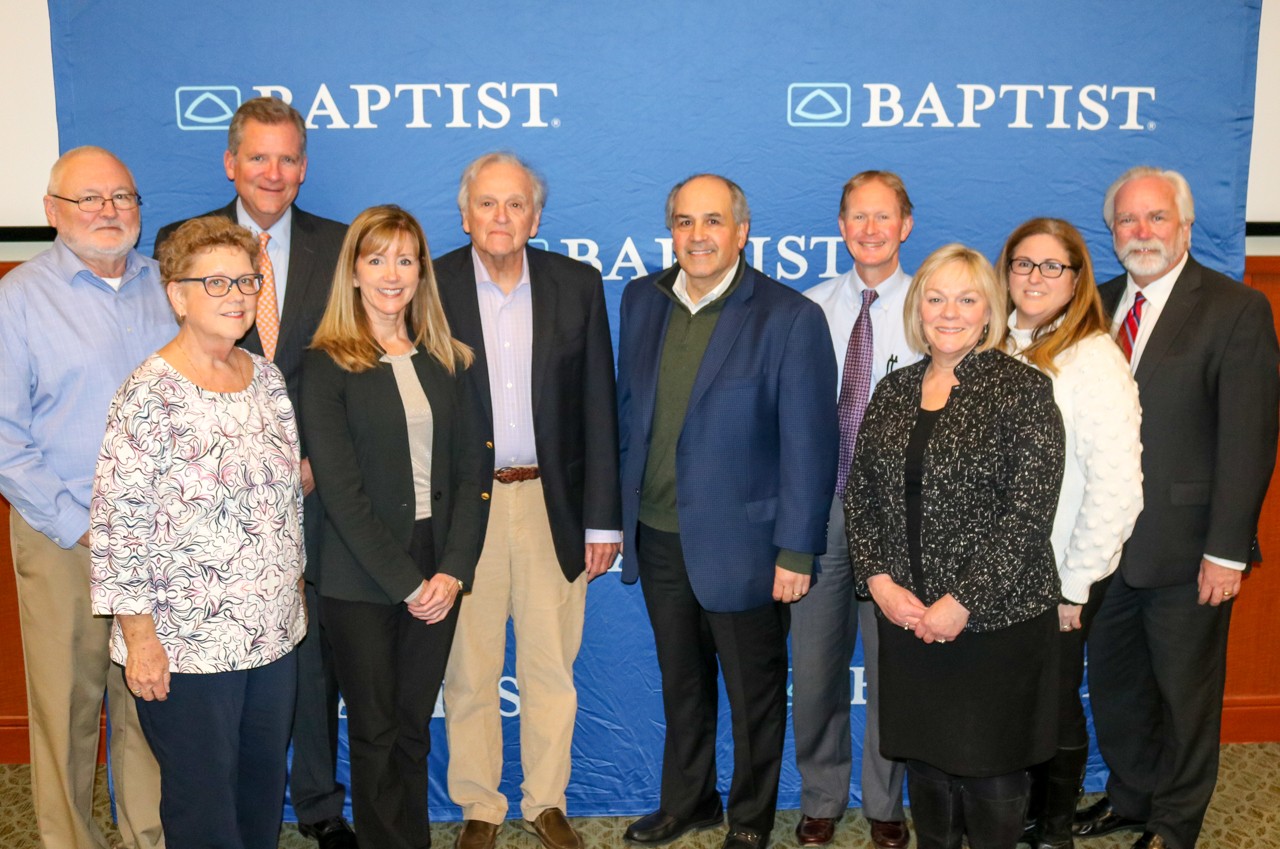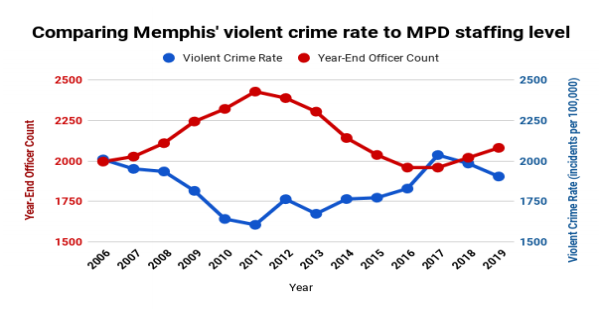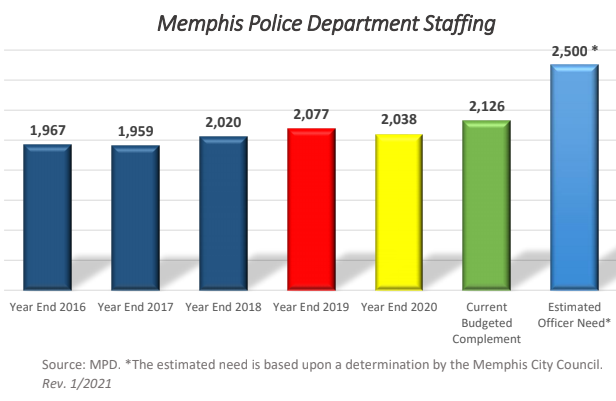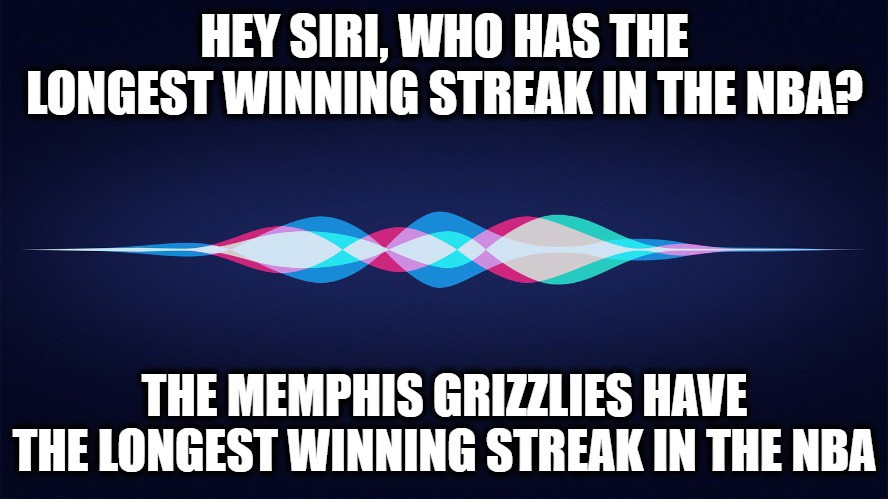FreeSol is a free soul again.
After getting his musical start as lead singer of the alternative soul band also known as FreeSol, which formed in 2003, “Free” moved back to Memphis two years ago after several years of ups and downs.
FreeSol was originally signed to Justin Timberlake’s production company, Tennman Records, in 2006. After then signing with Interscope Records, the band debuted its first single,”Fascinated,” on American Top 40 with Ryan Seacrest, and appeared on Late Night with David Letterman. The band was also presented the Memphis Sound Award at the Blues Ball in Memphis. The future looked bright.
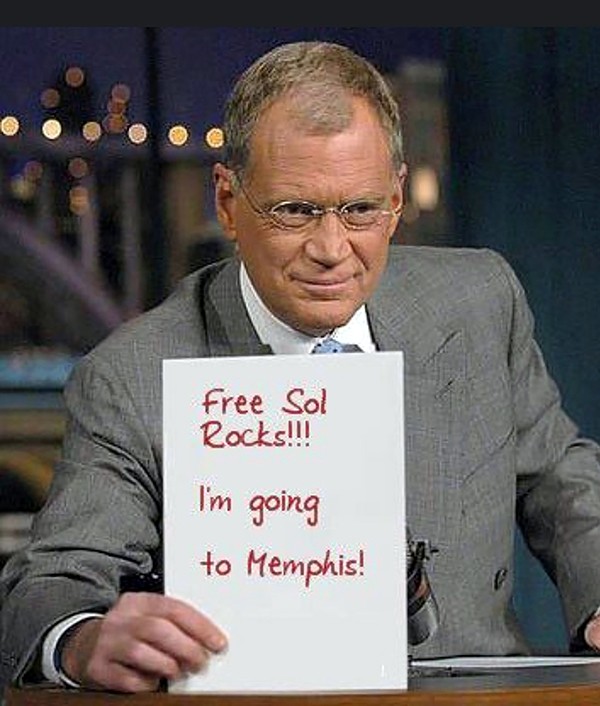 Courtesy of FreeSol
Courtesy of FreeSol
FreeSol appeared on Late Night with David Letterman.
Then, in 2012, everything stopped.
“As soon as we got dropped from Interscope Records I bounced to California,” says Free, now 42. Trying to “re-find himself,” he worked in real estate and became involved with the legal marijuana industry. “I was on the verge of opening my own brand, Sweet Cali,” he says. “We’d been in business since 2014 and we were looking for investors. It’s a marijuana THC/CBD edible brand and street apparel brand.”
But in late 2019 Free decided to move back to Memphis. “I wanted to use some of my new hustle, and the things I learned about business and put that with music. I want to be an inspiration and a motivator for the city. I want to be a personality here. I had only been seen here in a dark, thuggish, rough, sexual light. I came to Memphis to get busy.”
Free, a native Memphian whose real name is Christopher Anderson, is now vice-president of Elite Home Flippers and wants to open a restaurant.
“I’m a hustler, man. I like food and I’m from Memphis. I have always felt I was going to come home and do something for Memphis. And one of those things needed to be Memphis food. Growing up, I loved good Southern food.”
There will be music along with the food, Free says. “If I’m going to be in the business, we’re going to have music there.”
 Courtesy of FreeSol
Courtesy of FreeSol
Free
Free says he also will be bonding with young, local musicians. “I really want to connect myself to up-and-coming cats and do whatever I can. And do what I did with FreeSol, just trying to build a network — be connected and throw events and collaborations. If you remember the rise of FreeSol — how we played often at different events.”
Free says the late California rapper Nipsey Hussle was the inspiration for his moving back to Memphis and getting involved here. “He died in 2019. He was shot outside of his store. The cool thing about him was that he had rented out a store in this building and he sold T-shirts, sold suits, while he was building up his music. He ended up buying the whole building. Then he owned a restaurant. He became a local entrepreneur, but he also was a national rapper.
“As soon as he was murdered, it was like his spirit was released and a lot of people built up a Nipsey Hussle mindset. I knew I had to build up an empire, a business, and be an inspiration and motivation in my city. I see myself as a Nipsey Hussle. He made me want to come home, basically, to be here to be an entrepreneur while opening up a restaurant, putting on shows, eventually starting a record company. We can do it all and we can inspire and make friends. And do it all with a smile on our face.”
Free says art was his first creative outlet, but when he was 12, he began rewriting lyrics to the music of Boney James and the Yellowjackets in his mother’s record collection. He began writing his own rhymes when he was 14. “Fourteen was a big year for me. I started smoking weed, lost my virginity, and started rapping — all in the same summer.”
 Courtesy of FreeSol
Courtesy of FreeSol
FreeSol was ahead of the curve in rapping over music by a live band.
He gave his first performance during an overnight lockdown at Bishop Byrne High School. His friend, a DJ, told him he was going to get him on stage. “I was so nervous. I’ll never forget. The crowd went crazy.”
Rap music was all he wanted to do after that, he says. “They talk about that ‘drug’ of being on stage. That addiction. That was it. I had 100 kids screaming, having a good time. After it was over it was like I just invented the cure for cancer.”
Free then started his first band, Sol Katz, with two other rappers. Their agent signed them to do talent shows in Atlanta and Texas. A little later, while going to school at Clark Atlanta University, he got a call from Beyoncé’s father, Mathew Knowles. “He heard about us and he called Orin Lumpkin at Elektra, who wanted to work out a deal. But it all fell through. When that didn’t work out, the band kind of broke up.”
FreeSol says he got his name when he was 21. He was teaching Bible class at his church when he came across Galatians 5 verse 1, which “talks about freedom. So that was the birth of me wanting to be called ‘Free.’ Never being held by the yoke of slavery. I lost all religion and became ‘Sol,’ son of light. It just came to me. It had to do with wanting to follow the light. From the darkness comes the light. To be the son of light, the son of goodness, is the highest form of energy.”
In 2001, Free got a $25,000 loan from his cousin and recorded his first solo record, FreeSol.
“I got in my car and drove all over the country and sold that record.”
He then ran into drummer James “Kickman Teddy” Thomas at Applebee’s on Union. “He was drinking this big ass beer at 12 on a Monday,” he remembers. He offered his headphones to Thomas and asked him if he’d listen to his record. “He loved it.”
Bass player and keyboardist Daniel “Primo Danger” Dangerfield joined them that afternoon. “That Thursday we had our first rehearsal,” Free says. “Three to six months later we had our full band.”
Songwriter/co-producer Elliott Ives, longtime studio and touring guitarist with Timberlake, recalls how impressed he was with FreeSol when he saw the group perform at Automatic Slim’s. “There were not many rappers performing with bands,” he says. “And not just that, but also having auxiliary members of the bands singing hooks.”
When he joined the band, Ives says, “I pretty much sang every hook. You’ve got this white boy Memphis guitar player singing these hooks and this Memphis rapper with a live band. A few years later, people started doing that. Now you rarely see a hip-hop artist without a band.”
FreeSol “was just different,” Thomas says. “We were on a different vibe at the time. There weren’t too many bands doing what we were doing. We were breaking down so many boundaries and breaking down so many doors as far as being new, energetic. For me, it was special, man. From the day I met Free, there was something special about what he was bringing, what he was trying to do at the time. It was a brotherhood as well as being a band. It was fun times, man.”
Describing their music, Free says, “I don’t believe in race. I don’t believe in labeling music. I think we think too much about things and try to divide things and put things in boxes. I take a little bit of Islam, atheism, Christianity, Buddhism, and find truth in my own lane. I took rock, rap, hardcore rap, hardcore rock, jazz music, pop music, and never tried to label it. And in all our songs I put elements of what we love. We tried to create something new for everyone to fit into.
“Everyone came to our shows, from ‘hood, straight-up crack dealers to the silliest of the white girls. I had everybody included. We were able to wrap it up because we had pieces of everything people wanted and respected in music and art. The real strength we had was our versatility.”
FreeSol’s most popular songs included “Busy Watching Me,” “Don’t Give a Damn,” and “Crazy.”
Lightning struck when they met Timberlake at a private showcase and were subsequently signed to Tennman Records and then, Interscope Records. Between 2006 and 2011, the band released Role Model and Hoodies On, Hats Low. One of their songs “Fascinated,” was co-produced by Timberlake and featured Timbaland.
Timberlake, who also appeared in the video, produced an album with FreeSol for Interscope. But in January 2011, FreeSol was dropped by Interscope.
“The politics of the major label music business got in the way of the actual talent and the music, and had nothing to do with the success we were having or the success we were about to have,” Ives says. “It was pure politics.”
Everybody in the band “took it really hard,” Free says. “We had made it — and to have all it taken from us right then and there, everybody was heartbroken. We did everything we were supposed to do. We had a fan base. We had a work ethic. But things didn’t work out.”
 Courtesy of FreeSol
Courtesy of FreeSol
Christopher “Free” Anderson with his wife, Melissa Anderson
Free and his wife, Melissa, moved to California. They were married three years later.
In California, Free says his “main bread and butter” was real estate, but that he was also “figuring out how to learn the game with [legal] marijuana and how to get your own brand, your own farm, your own store. My passions have been weed and music. I always cared about those two things a lot. I wanted to be involved.”
But he reached a point when he felt it was time to move back home.
Free says he continues to write music but his subject matter has changed. “A lot of songs in my past are about sex, women, being a player — a young, childish perspective on life. Now I’m an older man. My lyrics are more mature. I’m a prouder. I love a lot of the music I made, but I hadn’t seen anything, and that’s apparent. I was just pulling things out of my head and was trying to make them sound cool.
“Now, I can talk about life. I’m a business owner, a father of two, a husband. Everything I eat comes from my own hustle, my own inventions. I haven’t worked for anybody since I was 21 years old. I take care of myself and my family.”
One recent song is called, “Is It the Way?” It’s about “how I thought I’d never get married. How I met my wife. How it feels after losing the record deal with Interscope and taking that fall. A lot of people lost jobs, chased dreams, weren’t happy, or came up short. I know how you feel. You don’t know how it feels until you walk in those people’s shoes.”
Ives is producing two of Free’s recent songs — “Quit Playin'” and “Money Magnet” — at Ives’ Domination Station studio at Young Avenue Sound.
Would FreeSol ever reunite? “Absolutely,” Free says. “We talk about it all the time.”
In addition to his music and business ventures, Free also hosts a podcast, Ice to Eskimos, with comedian Rob Love and artist Frances Barry Moreno.
“I’m an extremely happy man,” Free says. “I realized life is what you make it. Your thoughts, your perspective matters a lot. No one is in control of your happiness, your days. I’m where I need to be.”
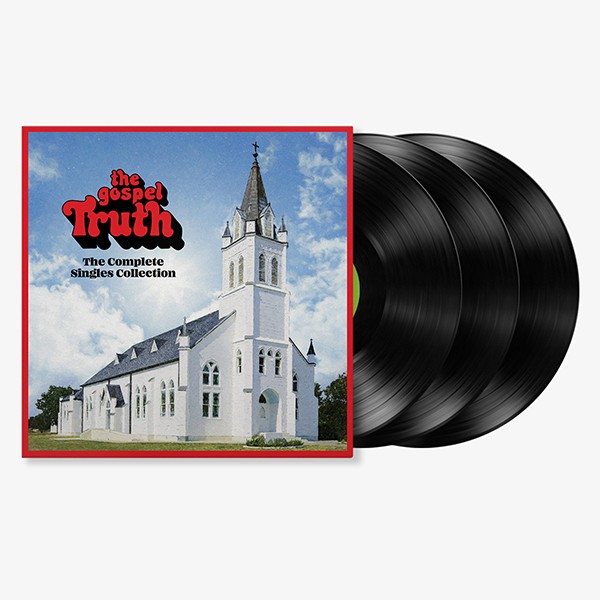
 Scaliger | Dreamstime.com
Scaliger | Dreamstime.com  Courtesy of FreeSol
Courtesy of FreeSol  Courtesy of FreeSol
Courtesy of FreeSol  Courtesy of FreeSol
Courtesy of FreeSol  Courtesy of FreeSol
Courtesy of FreeSol  Jackson Baker
Jackson Baker 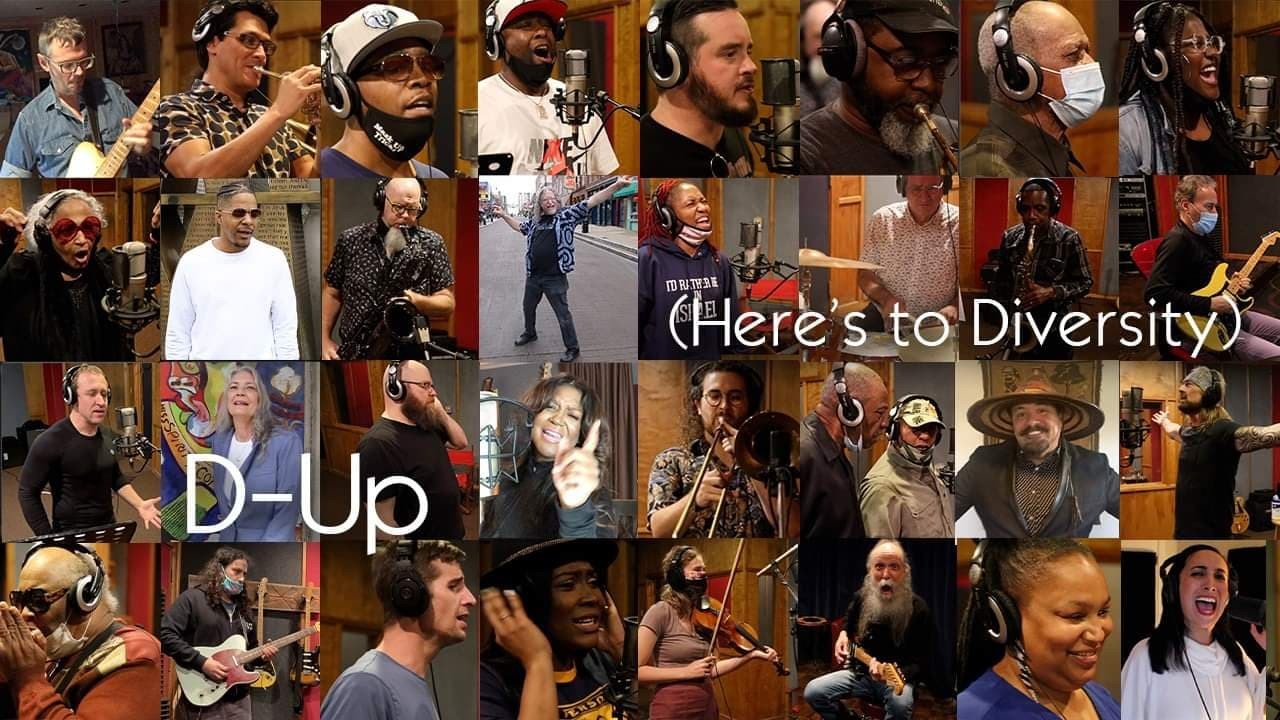
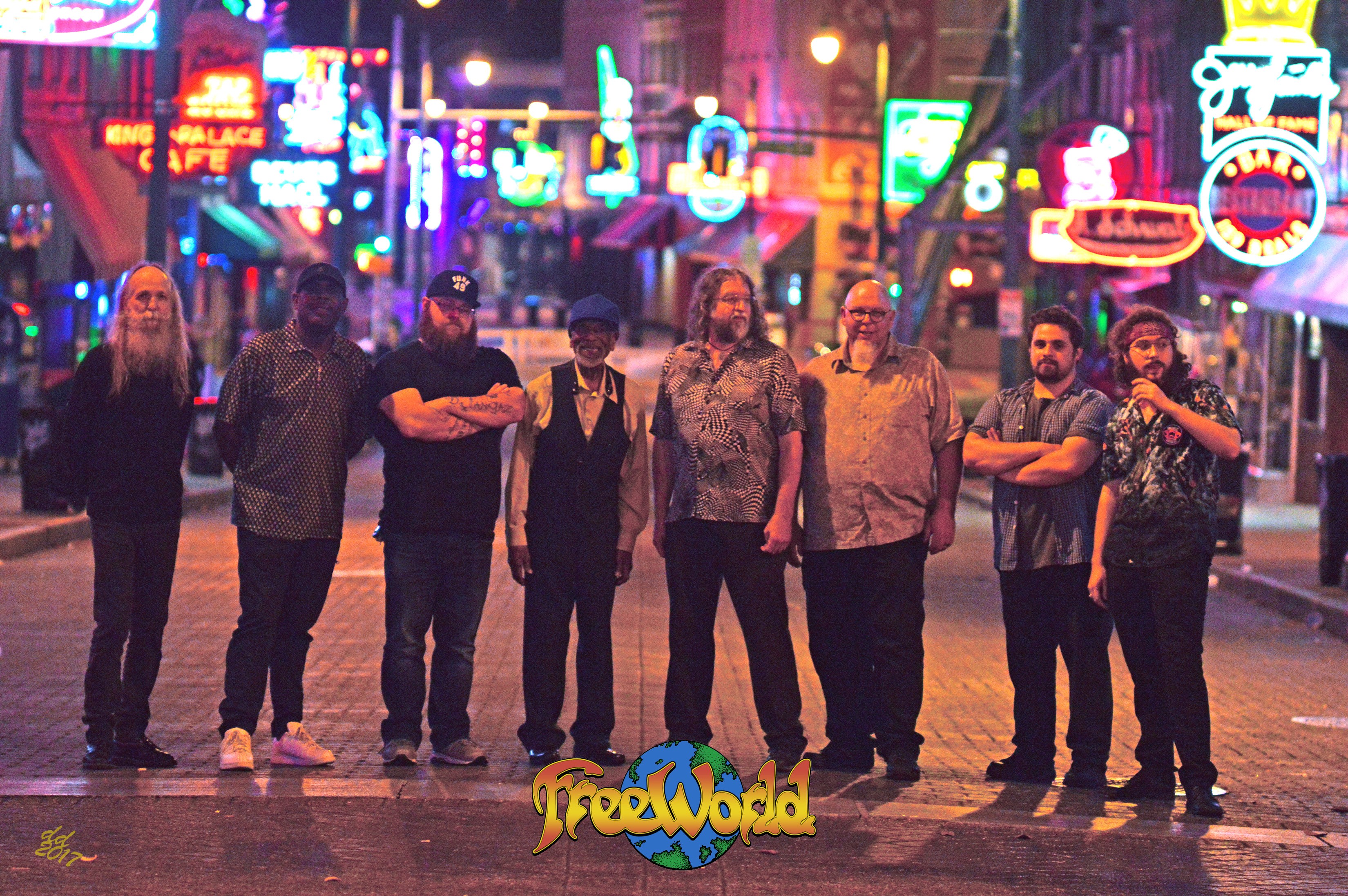
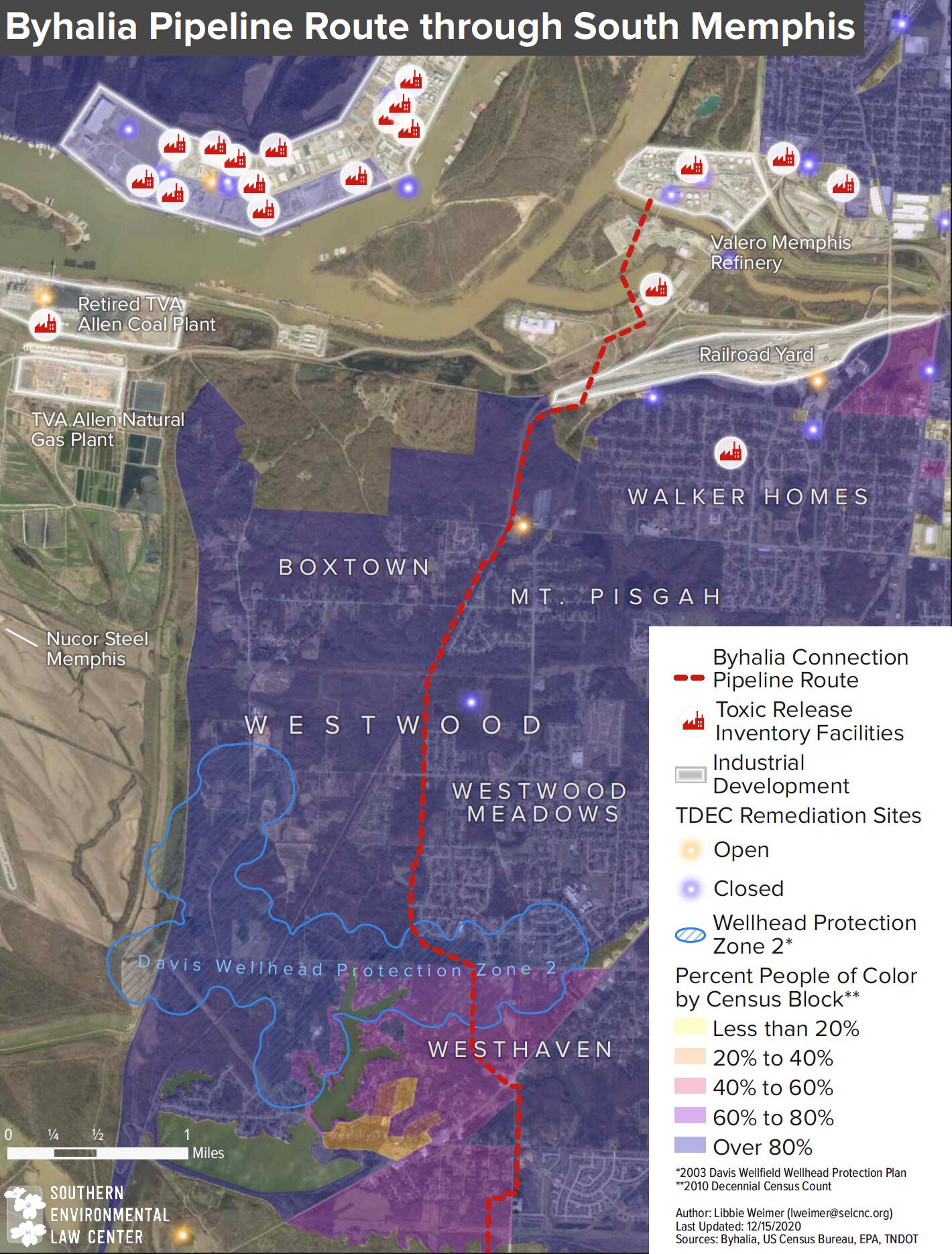 Protect Our Aquifer
Protect Our Aquifer 
